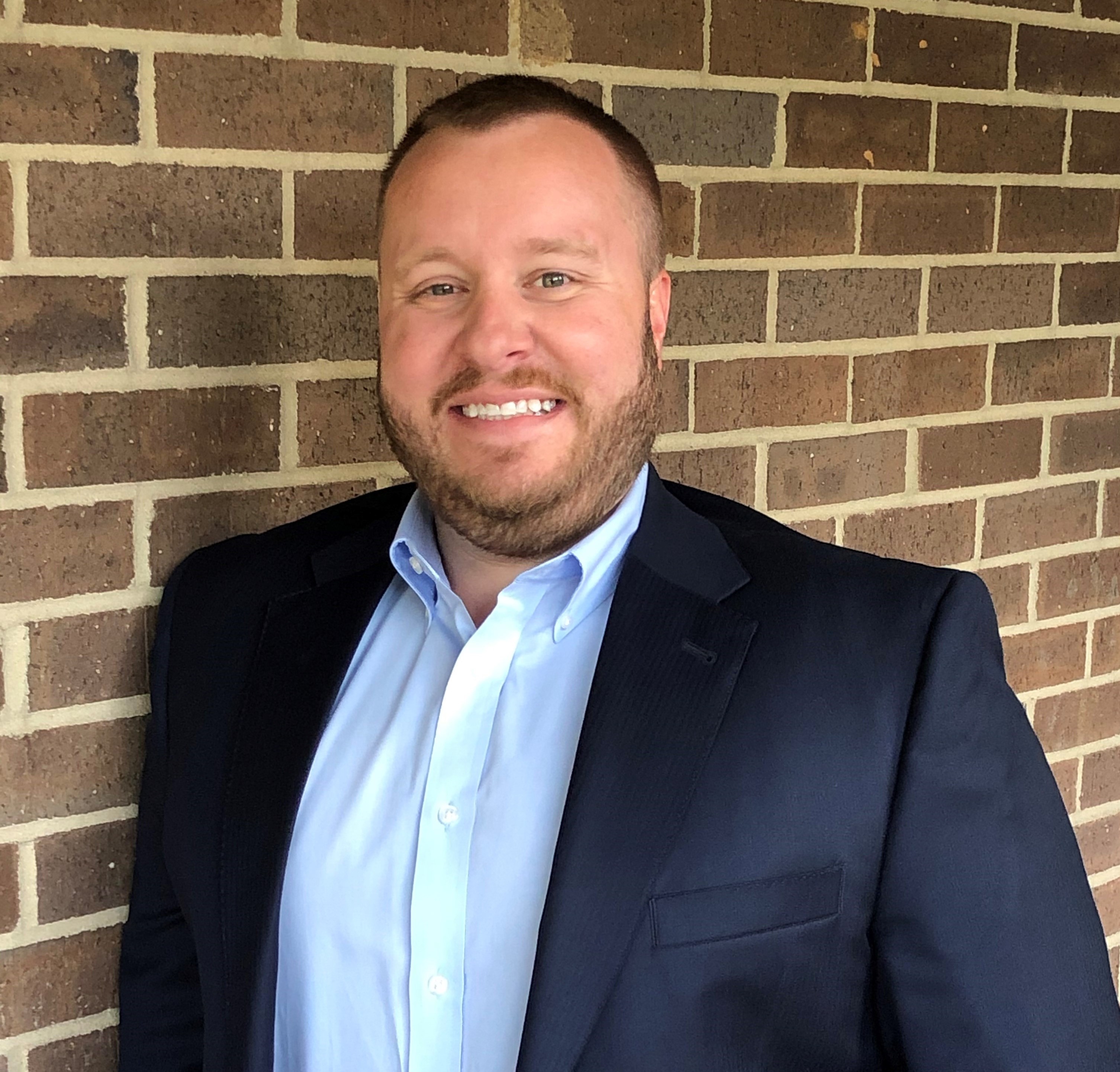One of the most common questions I receive about managing finances is, “Where do I start?” I can feel the weight of this question as I type the words. Maybe you don’t have any savings and are living paycheck-to-paycheck. Maybe you are juggling a car payment with increasing rent and wondering how you will ever get ahead. Perhaps your career is going great, but you find it difficult to make progress toward financial goals because you find the management of your finances to be overwhelming.
It has been said that “You do not rise to the level of your goals. You fall to the level of your systems.” Wherever you find yourself, it is important to have a framework and processes in place that help direct your daily behaviors in support of your goals.
A quick internet search will yield endless opinions on this topic. Sifting through all the options usually results in paralysis by analysis and ultimately nothing changes. My goal with this 3-part blog series is to introduce the Give-Save-Live framework as a method that, I believe, stands out as being both sustainable and successful in yielding results.
If you are not familiar with Give-Save-Live, it is the abbreviated version of “Give Generously, Save Wisely, and Live Appropriately” as made popular in The Money Challenge by Art Rainer. Let’s discuss how this framework can work in practice.
Give
It may seem odd for a financial planning framework to prioritize giving above saving or living, but let me explain. Ask any financial advisor about the most common hurdle that prevents clients from reaching their goals. There is a strong likelihood that the answer you hear will be rooted in some sort of behavior or emotional issues. It is well documented that humans lead with emotional decision-making and later start to find the facts that justify the decisions they make. Said another way, emotions make people behave irrationally!
Finances are no exception. Many poor financial decisions are rooted in emotional decisions that ignore the factual realities of today. If we dig a little deeper, we might recognize that many of these emotional decisions can stem from focusing too much on ourselves by either pursuing endless self-promotion or self-protection. Today’s term for this endless self-focus is “Main Character Syndrome.” As a result of this continual self-focus, we are riddled with stress and anxiety from carrying the burden that comes from always having to be the center.
Since we know that humans are emotional beings, doesn’t it make sense to prioritize doing something with your money that intentionally places the focus on others and provides you with an outlet to receive positive emotional growth? Generosity is something that will help balance these pressures I have mentioned. There is a great deal of research that indicates generous people commonly experience feelings of happiness, lower stress, increased sense of purpose, greater social connection, and enhanced emotional resilience.
Generosity is not about a number. It is a conscious decision and behavior. Some would even say it is the posture of your heart. I would encourage you to start small and see what happens. Monetary generosity is important, but so is being generous with your time. Find something you are passionate about and be generous towards that purpose. Most importantly- start today!




.jpeg)


.jpeg)


